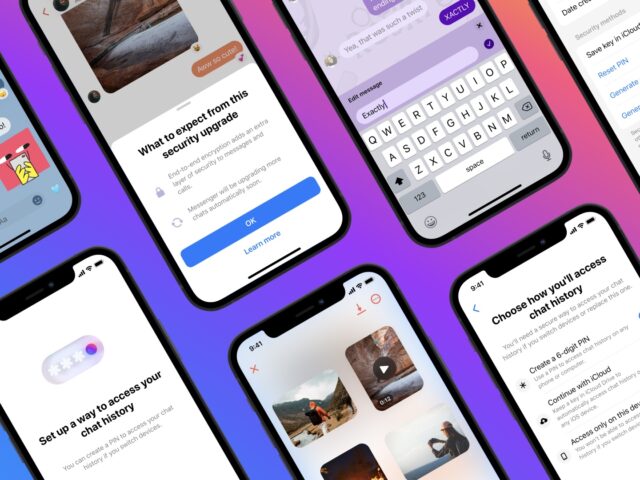Facebook Messenger gets default end-to-end encryption

The latest update to Facebook Messenger (aka Messenger), announced by Loredana Crisan (a Vice President at Meta), is quite monumental from a digital privacy perspective. You see, Meta has shifted to default end-to-end encryption for all personal chats and calls on Messenger, ensuring that communications are secure from sender to receiver, with no possibility of interception, even by Meta itself.
This enhancement goes beyond just encryption. Users can now edit messages up to 15 minutes after sending, offering flexibility in conversations. The update also introduces an improved disappearing messages feature, now lasting 24 hours, with a clearer interface to indicate when it is active.
The update also includes a new read receipt control, allowing users to choose if and when to disclose if they've read a message. Additionally, Meta says it has upgraded the quality and interactivity of photo and video sharing, responding to the high volume of media exchanged daily on the platform.
The security foundation of this update is grounded in advanced cryptographic principles, employing both the Signal and the novel Labyrinth Protocols. Meta has published detailed papers on these cryptographic methods, inviting external scrutiny and collaboration.
The rollout of these features will be gradual. Users will be guided to set up recovery methods, like PINs, to maintain access to their encrypted data across devices. Very cool.
This update signifies a major evolution for Messenger since its launch in 2011. It not only enhances the app's features but also firmly establishes Messenger as a leader in digital privacy and secure communication. Meta deserves major kudos for this decision.
